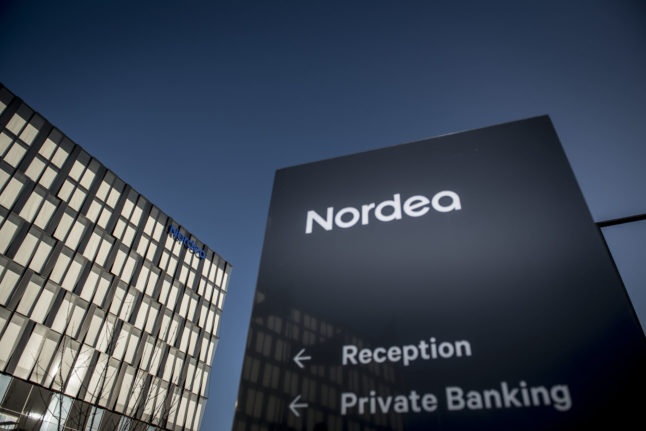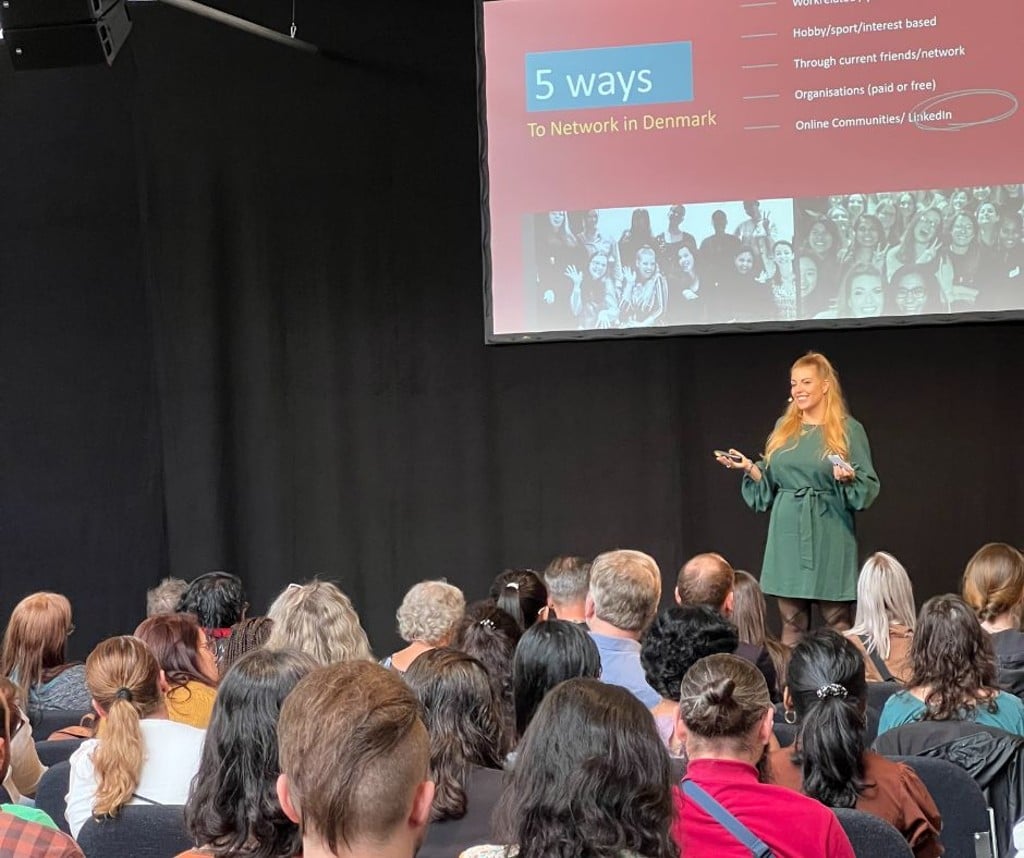A consumer interest group in the country, Forbrugerrådet Tænk, has therefore argued that increased competition is needed in the Danish banking sector.
“It’s a huge problem for consumers that the banks don’t want to compete on interest rates. If there was competition, interest rates [on borrowing, ed.] would be lower than they are now,” the group’s senior economist Morten Bruun Pedersen said.
Central banks across Europe and the world have raised interest rates over the last year, with Denmark being no exception.
Banks in Denmark currently receive 3.1 percent in interest on money deposited with the Danish central bank, Nationalbanken, but customers get a lower rate for their own savings.
That has resulted in significant increases in revenues for banks.
Customers have difficulty understanding banks’ prices, according to Pedersen, who has called for political intervention.
Rules on how prices are presented to customers would go a long way to improving competition, he said.
“Why should banks lower their prices when customers can’t see what they’re paying? I think politicians should get involved. For example, by ensuring more transparency on prices,” he said.
Bank Nordea has seen its profit margin surge to 9.9 billion kroner in the wake of increasingly high interest rates, according to reports on Monday.
Profits from interest were 40 percent higher in the second quarter of this year than in the equivalent quarter of 2022. That gives a difference of over 13 billion kroner.
Other Danish banks including Sydbank, Spar Nord and Nykredit have, like Nordea, raised expectations for 2023 after interest rates helped boost their revenues.
It should be noted that banks are seeing revenues rise because they are again earning money from interest rates, which were at zero or even at negative values for an extended period in recent years.
“Right now there is a change from abnormal conditions [negative interest rates, ed.] to more normal circumstances. The entire motor for depositing has been activated and that gives the opportunity for growth,” Sydbank’s senior analyst Mikkel Emil Jensen said.
But unstable interest rates have also made it difficult for bank customers to understand their positions. This could change as the situation stabilises, meaning banks could begin to compete to some extent on their interest rates, Jensen suggested.
“I think we could see a bit of competition on the savings side. But you should not expect a price war between the banks,” he said.




 Please whitelist us to continue reading.
Please whitelist us to continue reading.
Member comments